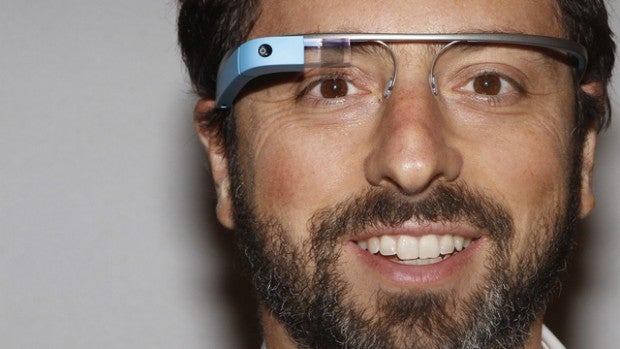Google Glass won’t kickstart smart glasses adoption, study suggests

Smart glasses might be the poster child of Google’s innovation division but tech-specs won’t hit the mainstream any time soon, according to a new report.
Analyst firm Juniper Research reckons smart glasses won’t manage to ship 10 million units per annum until at least 2018.
The firm puts this down to a combination of ‘a lengthy time to market, and lack of key consumer use’.
The report also reveals that sales of Glass and its alternatives will remain fairly stagnant until 2016, when ‘fresh releases by several key players’ will boost the market.
Juniper Research cites Samsung, Recon Instrument, and the Osterhout Design Group amongst the roster of smart glasses saviours.
So why aren’t people buying up smart glasses in droves? Well Juniper Research puts this down to privacy concerns for both consumers and government bodies alike.
According to the firm, key legislators will need to assuage the security concerns before the public at large start cracking open their wallets for smart specs.
The report compares today’s smart glasses market to the smartphone space in the early 2000s, where most investment will come from enterprise, not your average joe with a hankering for some face-borne tech.
There’s also price point to consider – Google’s Glass saw its UK release recently, but the tech prices up at a bankruptcy-inducing £1000, enough to put off even the most ardent gadgeteers.
Juniper Research also found that Android looks set to stay at the forefront of smart glasses operating systems, although it should lose some market share once Tizen lands with the Samsung Gear Blink.
Read More: Samsung Galaxy S6 release date


